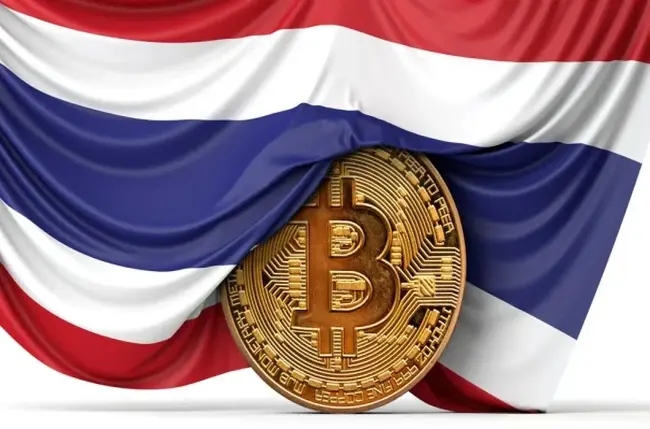Highlights:
- The Thailand SEC and CCIB raided a World’s site in Bangkok and arrested one suspect.
- Authorities said the site offered unlicensed digital-asset exchange services, violating Thailand’s crypto laws.
- Officials warned that all crypto operators must be licensed and registered before providing any token services.
Thailand’s Securities and Exchange Commission (SEC) and the Cyber Crime Investigation Bureau (CCIB) arrested a suspect in Bangkok after raiding a location connected to World. The project is OpenAI CEO Sam Altman’s digital identity initiative, formerly called Worldcoin.
The site was reportedly involved in WLD exchange services, which investigators say operated without proper authorization. This action is another major challenge for the project because it is already facing rising international pressure.
Authorities confirmed the raid found exchange activities breaking Thailand’s digital-asset laws. The arrested person will face legal charges. According to official figures, World manages 102 “orb” stations across Thailand. These stations allow individuals to scan their irises to receive a “World ID.”
After verification, the project rewards users with its native digital asset, WLD tokens. The SEC’s recent move has raised new questions about whether such practices follow the licensing rules required under Thai law.
ก.ล.ต. ร่วมกับ บช.สอท. เข้าตรวจสอบและจับกุมผู้ต้องสงสัยให้บริการรับแลกเหรียญ Worldcoin (WLD) เข้าข่ายประกอบธุรกิจสินทรัพย์ดิจิทัลโดยไม่ได้รับอนุญาตhttps://t.co/uDtVe2Au7t pic.twitter.com/NujLgHRP4Y
— ThaiSEC_News (@ThaiSEC_News) October 24, 2025
The SEC hasn’t shared all details of the suspected violations, but the arrest shows Thailand is taking crypto rules more seriously. Authorities are clearly working to control unlicensed digital-asset businesses.
Global Pressure on the World’s Expands
The enforcement action in Thailand adds to similar concerns raised in other countries. Since its launch, World has faced investigations in Germany, Kenya, Brazil, and Indonesia. Regulators in these nations have pointed to possible privacy issues and licensing problems linked to the collection of biometric data.
In May, Indonesia’s Digital Ministry opened an investigation into local operators of World over possible registration violations and suspicious activities. The company then paused its verification operations in the country to review compliance matters.
Worldcoin dan WorldID dibekukan sementara oleh Kementerian Komdigi
Pembekuan izin ini dilakukan menyusul adanya laporan masyarakat mengenai aktivitas mencurigakan dari layanan digital itu.#WorldCoin #WorldApp #WorldID pic.twitter.com/eLzv69XhnI
— Kompas.com (@kompascom) May 5, 2025
In Germany, data protection authorities have warned that biometric data such as iris scans could pose privacy risks if not properly anonymized or stored securely. Kenya stopped World’s operations, citing privacy and security issues after large crowds lined up to scan their eyes for free tokens. Brazil’s regulators also requested more transparency from the company about how user data is handled during the verification process.
World Explains Its Operations and Legal Boundaries
World said it operates only in countries where its activities are legally allowed. “Eligibility for WLD tokens is restricted based on geography, age, and other factors,” the company mentions on its website. It also stated that it isn’t responsible for WLD trading on any third-party platform, centralized or decentralized.
The objective of the project is to create a system whereby it would verify physical individuals in exchange for tokens. However, regulators worry that its fast growth in developing countries could cause privacy and legal issues. Critics warn that onboarding users in regions with weak laws may expose their data to risks.
Best Crypto Exchange
- Over 90 top cryptos to trade
- Regulated by top-tier entities
- User-friendly trading app
- 30+ million users
eToro is a multi-asset investment platform. The value of your investments may go up or down. Your capital is at risk. Don’t invest unless you’re prepared to lose all the money you invest. This is a high-risk investment, and you should not expect to be protected if something goes wrong.






